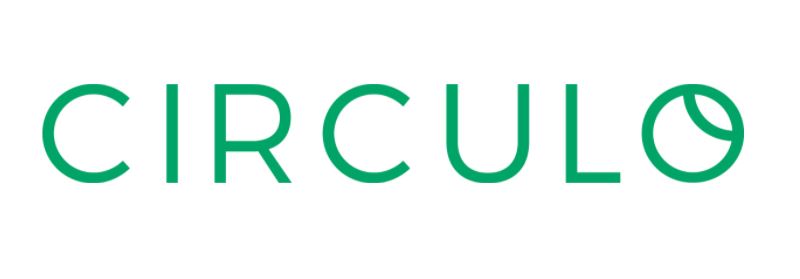
Health tech vendors can be the middleman that improves payer-provider relationships
Even though payers and providers still struggle to effectively collaborate, health tech vendors can often act as a linking agent to improve outcomes for both sides.

Even though payers and providers still struggle to effectively collaborate, health tech vendors can often act as a linking agent to improve outcomes for both sides.

Hear from healthcare executives such as CVS Kidney Care President Lisa Rometty, Komodo Health CEO Dr. Arif Nathoo, and McKesson Ventures Partner Michelle Snyder on how they're thinking about digital transformation in healthcare in a series of interviews at ViVE.

As technology advances, AI-powered tools will increasingly reduce the administrative burdens on healthcare providers.

The company currently has two incubating startups, Violet, a bank to help people with medical bills, and Rotera, an AI consulting firm for health systems.

Innovation Lab, an incubator owned by six nonprofit health systems, is joining forces with Olive to co-develop technology that will automate operational and clinical workflows. The companies will leverage Olive's AI platform, as well as Innovation Lab's frontline access to its health system owners.

Olive, which automates redundant tasks in healthcare, recently raised $400 million in a funding round. Since the start of the pandemic, the company has raised a total of $832 million.

A new startup has entered the highly competitive insurtech market — with $50 million in new funds. Circulo, co-founded by Olive CEO Sean Lane, is a Medicaid managed care company that plans to build a platform to improve care delivery and member experience.

Closing cancer health equity gaps require medical breakthroughs made possible by new funding approaches.

General Catalyst, which invested in Olive earlier this spring, led the funding round. Existing investor Drive Capital also co-led the round.

Olive AI, a startup that uses AI to automate error-prone administrative tasks, raised $51 million in funding. The company has experienced a recent growth spurt, expanding to more than 500 hospitals across the U.S.

Called Olive, the company harnesses artificial intelligence to automate error-prone healthcare processes, such as insurance eligibility checks, code matching and data migrations.

The company's tool is meant to automate high-volume and repetitive tasks so that a healthcare organization's employees have more time to focus on other tasks that need human insight.